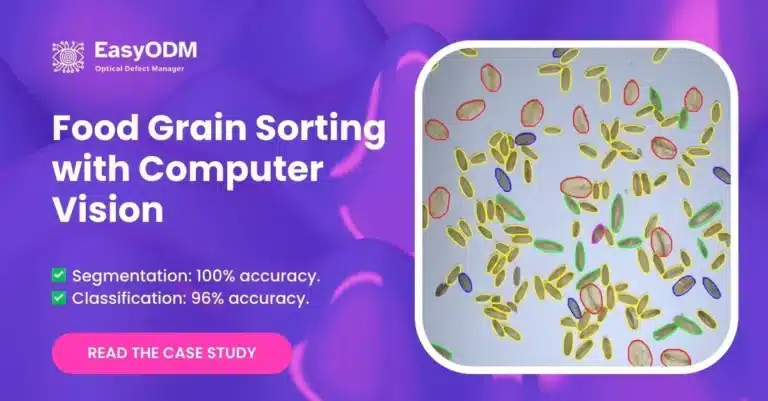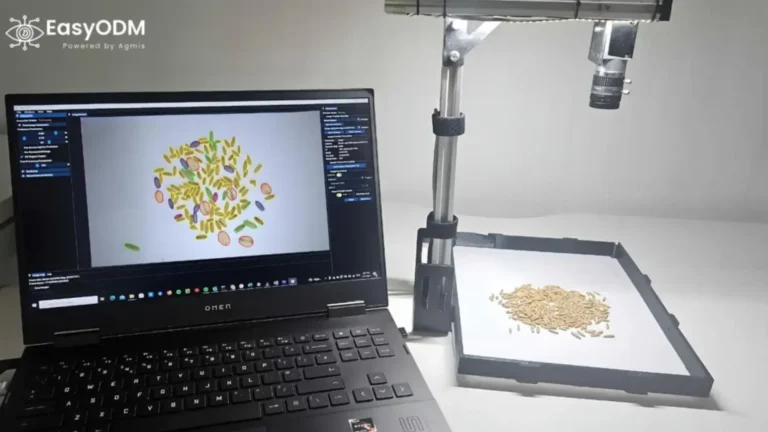Tracking food from farms to our tables is very important to ensure the food we eat is safe and high-quality. Traceability in agriculture helps us follow the food production process. This ensures that products are safe and meet ethical and regulatory standards.
As more people want to know where their food comes from, traceability is becoming more important. AI also helps improve traceability in agriculture. It gives us tools to monitor food in real time.
AI helps farmers and producers make better decisions and improve quality control. With these tools, the agriculture industry can better meet the needs of consumers and regulators. This helps ensure that food products are made safely and ethically, which directly enhances traceability in agriculture.
Key Points
- Real-Time Monitoring: AI systems use data from IoT sensors and satellite images to monitor crops and livestock in real time.
- Predictive Analytics: AI predicts potential problems, reducing food safety issues. For example, AI can help lower the scope of food recalls by up to 95%.
- Quality Control: AI-powered tools inspect crops and livestock, improving quality. They can spot signs of disease with up to 97% accuracy.
- Decision Making in Processing Plants: AI enhances decision-making capabilities, resulting in improvement of production processes.
- Consumer Preferences: Knowing that their food is traceable makes consumers more confident in their purchases. Studies show that 58% of people are willing to pay more for products that can be tracked back to their source, emphasizing the importance of traceability in agriculture.
AI and Food Tracking
AI is changing how we track food in agriculture. It lets us monitor crops, livestock, and other products from start to finish. By using data from IoT sensors, satellite images, and RFID tags, AI creates a clear record of each product’s journey from the farm to our plates.
This detailed record helps improve traceability in agriculture. It makes sure that all products meet high safety and quality standards.
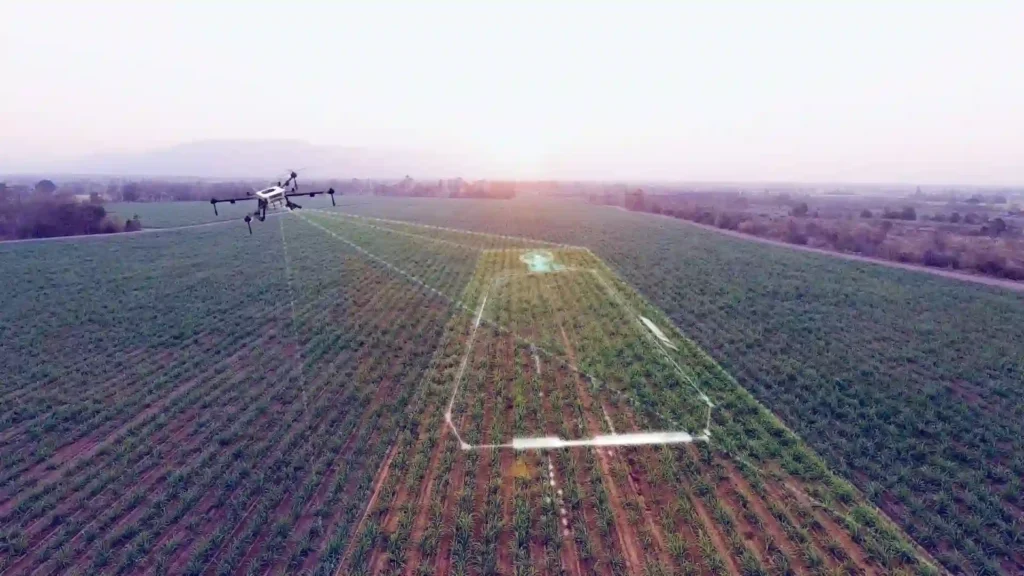
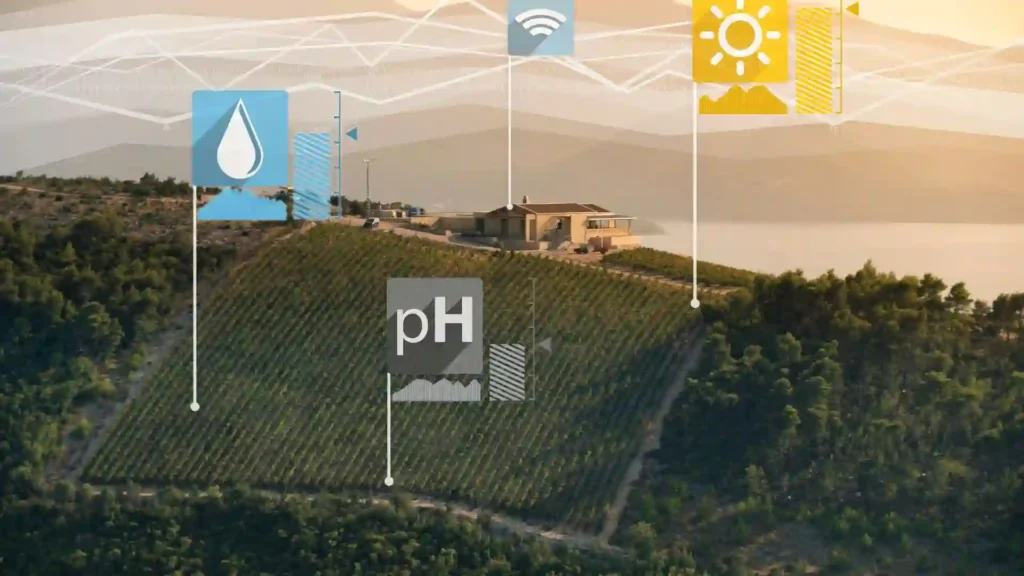
AI’s Role in Food Safety
AI helps predict problems before they happen. It can spot risks like contamination or production delays by analyzing data patterns. This proactive approach allows to fix issues before they become big problems.
By doing this, effective traceability system reduce food safety issues and recalls. AI helps achieve an effective traceability system, which can lower the scope of food recalls by up to 95%. This makes the food supply safer and more reliable, which is crucial for both producers and consumers.
Spotting disease
AI also improves quality control. Advanced image recognition tools can find diseases, pests, or other problems in crops and livestock. For instance, AI can spot signs of disease with up to 97% accuracy This process ensures that only the best products move forward. It helps maintain safety and high-quality standards throughout the supply chain.
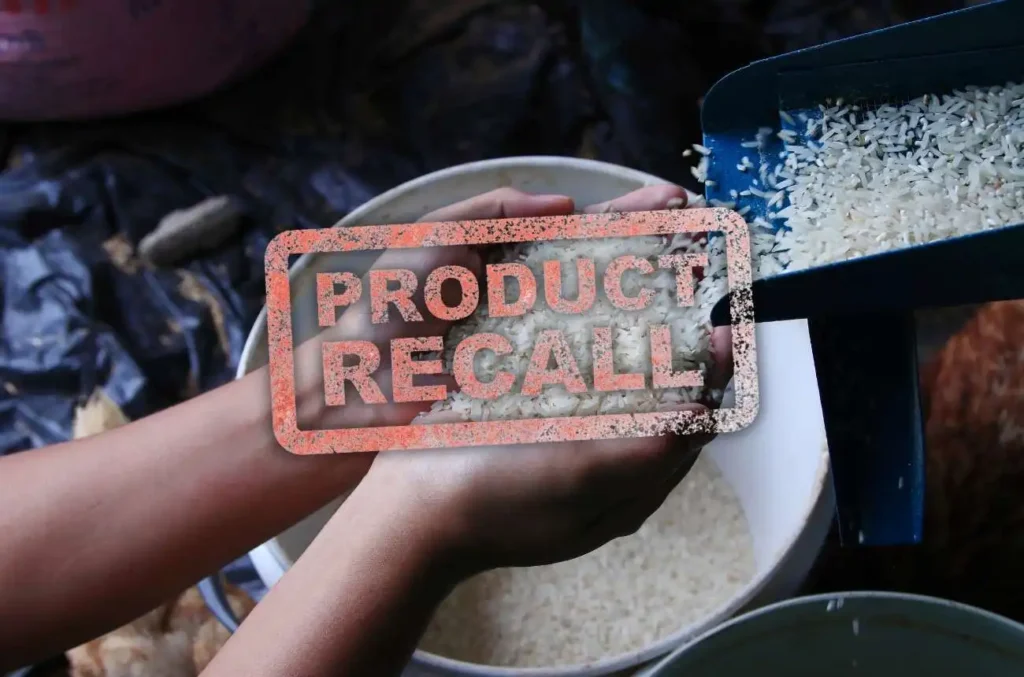

Better Factory and Processing Plant Operations
Enhanced traceability in agriculture significantly improves factory and processing plant operations. Better tracking of products and processes leads to more accurate handling of food. This makes the entire process more efficient. This results in better overall quality control and more streamlined operations.
- Ingredient Tracking: AI monitors ingredient use and movement within processing plants. This ensures that all components meet quality standards and helps quickly resolve any issues that arise. Effective ingredient tracking helps maintain consistency and high quality in final products.
- Decision Making: Improved traceability leads to better decision-making at processing plants. Data-driven insights from AI can boost decision accuracy. This helps in optimizing production processes and quickly addressing any potential issues.
Effective traceability in processing
Effective traceability in agriculture makes sure all ingredients are accounted for and used correctly. This reduces waste and ensures that the final products meet required standards.
By leveraging AI, processing plants can operate more smoothly and respond more quickly to any potential problems.
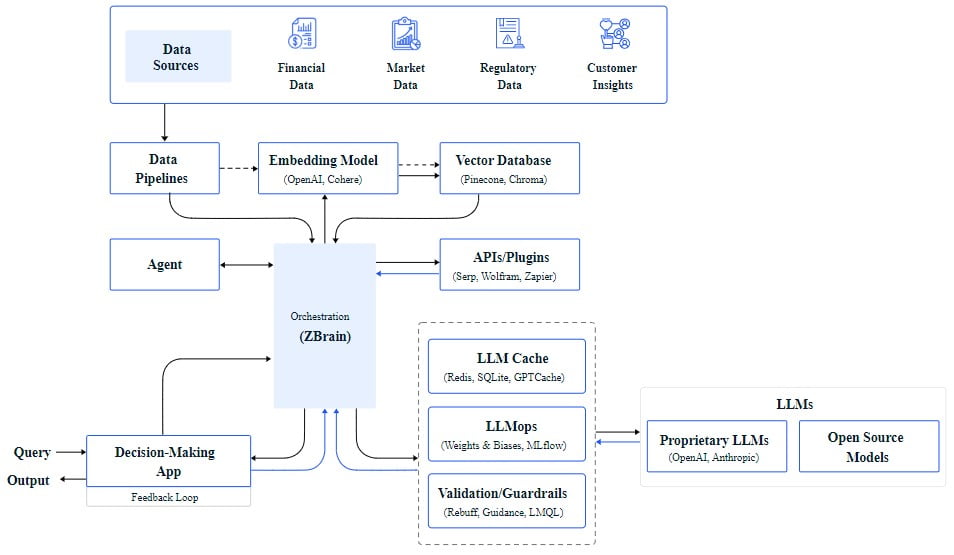
Certification and Verification
Blockchain technology helps with certification and verification in agriculture. Farmers can use blockchain to record their compliance with standards.
This includes organic and fair-trade certifications. This creates a transparent record that consumers and regulators can easily check. Which, in turn, enhances traceability in agriculture.
For example, if a farm claims to be organic, it can log details like using organic fertilizers on the blockchain. This serves as proof of compliance and can be verified by independent parties.
Blockchain helps farmers prove their commitment to ethical practices. This can give them a competitive advantage. Farms using blockchain for certification see a significant increase in consumer trust.
Advanced Tools for Enhanced Traceability
Digital Twins (DTs) and blockchain make traceability in agriculture even better.
- Digital Twins (DTs): DTs are digital replicas of physical products or processes. They help monitor and analyze products in real-time. DTs track physical characteristics and quality changes over time. Implementing DTs can substantially improve tracking efficiency.
- Blockchain: Blockchain records every transaction in a secure and transparent way. It keeps an unchangeable record, ensuring data accuracy. This technology creates a reliable history of a product’s journey, enhancing traceability.
Combining DTs and blockchain with AI provides a more complete tracking system. This integration improves overall transparency and reliability, crucial for maintaining high food safety and quality standards.
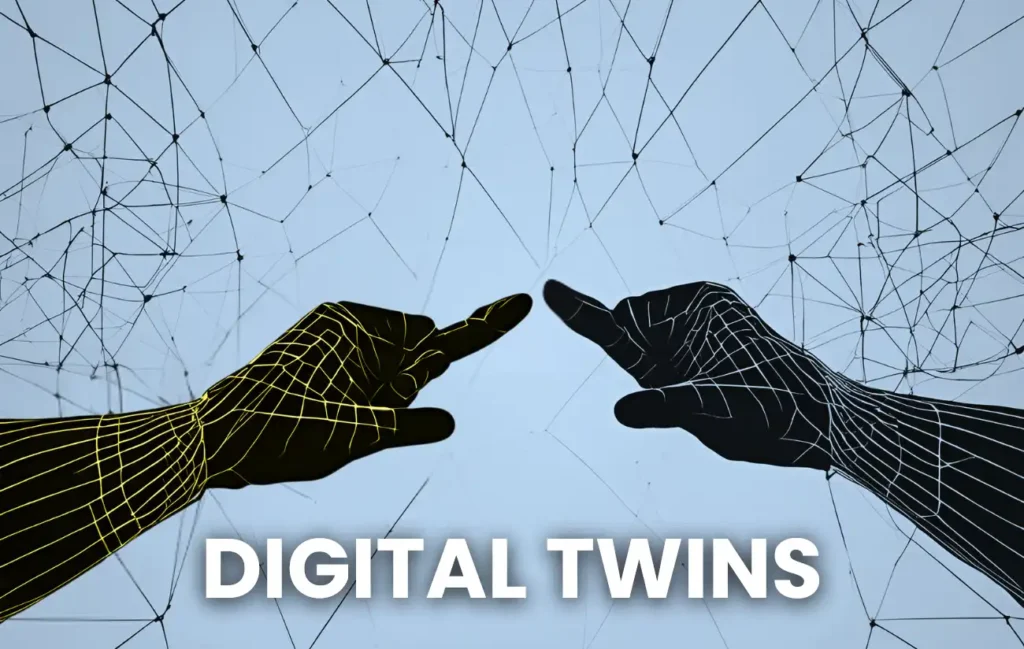

Comparing with Traditional Methods
Traditional methods of tracking food often rely on manual record-keeping and paper systems. These methods can be slow and prone to errors. Manual systems can lead to a higher error rate and inefficient tracking processes.
- Data Error Rate: Manual tracking methods can lead to a 1-5% error rate in tracking data due to human mistakes and inconsistencies.
- Production Efficiency: Traditional methods often result in slower problem detection and response times. AI-driven traceability leads to reduced errors compared to these traditional methods.
Switching from paper records to digital systems speeds up data access and reduces delays. This shift ensures that food safety and quality are maintained, and any issues are addressed promptly.
Consumer Perspectives
Consumers care a lot about food safety and quality. AI-driven traceability in agriculture gives them more information about where their food comes from.
It helps them trust that their food is safe and produced ethically. Knowing that their food is tracked and verified using advanced technology makes them more confident in their purchases.
More Likely to Buy
When people know that food is tracked and verified using AI, they feel more confident in their purchases. They can see proof that the food meets high standards.
According to survey about consumer willingness to purchase meat, it was found that 58% of respondents would choose to pay more for traceable products. The results should be similar to all agricultural products. It shows that transparency can influence their buying choices and boost their trust in food brands, emphasizing the growing demand for traceability in agriculture.

The Future of Tracking in Agriculture
The future of traceability in agriculture will be shaped by AI and new technologies. As consumers demand more transparency, AI-powered solutions will become even more important. They will help improve food safety, meet regulatory standards, and build trust with consumers.
Conclusion
AI is changing how we track food in agriculture. It offers powerful tools to manage and monitor the production process from start to finish. By working with technologies like Digital Twins and blockchain, AI improves transparency, safety, and efficiency.
As these technologies advance, traceability in agriculture will better meet the needs of regulators and consumers. This ensures that food products are safe, high-quality, and ethically produced.

